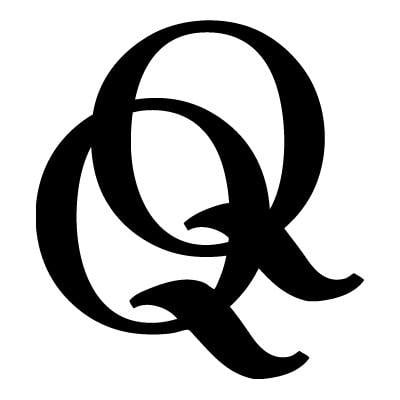
(photo: Jacqueline Baker)
Marina Endicott’s latest novel examines the weight of the physical and emotional stuff we all carry
Hugh Argylle is tired of being responsible. For family and friends. For the boxes of other people’s belongings he’s storing in his basement. For everything. The fiftyish protagonist of Marina Endicott’s new novel, Close to Hugh (Doubleday Canada), has been overseeing the lives of those around him for what seems like forever, as explained in the book: “Hugh lives his life in the second person, never quite sure whether it’s Hugh or you. Either one demands, accuses, requires responsibility.” After Hugh suffers a bad fall from a ladder, he finds himself even more frustrated in his attempts to care for others, including his dying mother.
The weight of what we carry with us while travelling through life, and the pain we suffer in doing so, is the foundation upon which Endicott structures her story.
“We’re increasingly burdened with the stuff we’ve accumulated,” Endicott says. “And that material stuff acts as a metaphor for the devotional stuff we’re carrying and have kept in our subconscious – our so-called basement.”
While writing the book, the 56-year-old Edmonton author found herself dealing with her parents’ belongings as they moved out of their house of 40 years. “The facing of our accumulated stuff, both physical and emotional, is something that happens at this age; it’s a new passage we’re going through,” she says. Endicott put art-gallery owner Hugh through a similar situation, “though not anywhere near as horrible, because his mother had already moved into an apartment,” she adds wryly.
Endicott builds her stories from what she refers to as “the small things” in life, though the facades she has employed in her novels vary from historical to contemporary. “I see better close up and understand things better in the near fields – partly because I’m so shortsighted. I’m not able to view the distance, the objectivity, like Annie Dillard – she’s completely brilliant – and see things from the long way off.”
She references Penelope Fitzgerald, whom she also greatly admires, as one of her enduring influences. “Fitzgerald talks about looking at small people and the courage of those who are going to be defeated.” Endicott expresses admiration for the way Fitzgerald uses comedy to address the “tragedy of misunderstanding.” In her writing, Endicott attempts the same effect, but employs “different tools.”
She particularly loves working with different voices: “I’m a bit greedy. I find I want to have the eyes of other people. If Close To Hugh had all been in Hugh’s voice I would never have been able to look at Hugh.” Teenage characters – the children of Hugh’s friends – abound in the book, with their own concerns revolving around, reflecting, and framing the adults’ turmoil and entanglements. Endicott’s children, Will, 21, and Rachel, 19, and their friends served as inspiration for those younger voices. “I’m happy to steal like that. I think it’s an actual, legitimate part of the work,” she says.
Endicott came to writing via a roundabout route. She trained as an actor, appearing in plays in Ontario and western Canada, then moved behind the scenes to work as a director (she headed the Saskatchewan Playwrights Centre for seven years). But writing always found its way into whatever she was doing. “When I was acting, I was writing about my characters, and when I was directing, I was writing.” Somehow, though, the thought of making the leap to full-time author never dawned on her. “It didn’t occur to me that a person was allowed to just write,” she says. “I didn’t know the steps that one might take to be a writer. I don’t know why.”
When Endicott’s husband, Peter Ormshaw, now a staff sergeant in the RCMP, was posted to Mayerthorpe, Alberta, her work in theatre proved “impossible,” so writing full-time suddenly seemed like a viable option. Success soon followed. Endicott’s debut, Open Arms, was shortlisted for the Amazon.ca/Books in Canada First Novel Award in 2001; her second, 2008’s Good to a Fault (Freehand Books), was shortlisted for the Scotiabank Giller Prize and won the Commonwealth Writers Prize for Canada; her third, 2011’s The Little Shadows (Doubleday Canada), was shortlisted for the Governor General’s Literary Award.
Close to Hugh could be said to encompass universal philosophical themes, but to Endicott, they are almost molecular, focusing on individual lives and the potentially defeating moments in the day-to-day existence of a small group of people: “How we learn to bear the bad parts, how we figure out how things could be better. How we can live with others, how we can we bear to live alone.” It’s something Endicott finds fascinating. “People don’t understand each other and yet they keep working to because they love each other.”
This profile appeared in the May 2015 print issue.

 Contact us via email
Contact us via email

